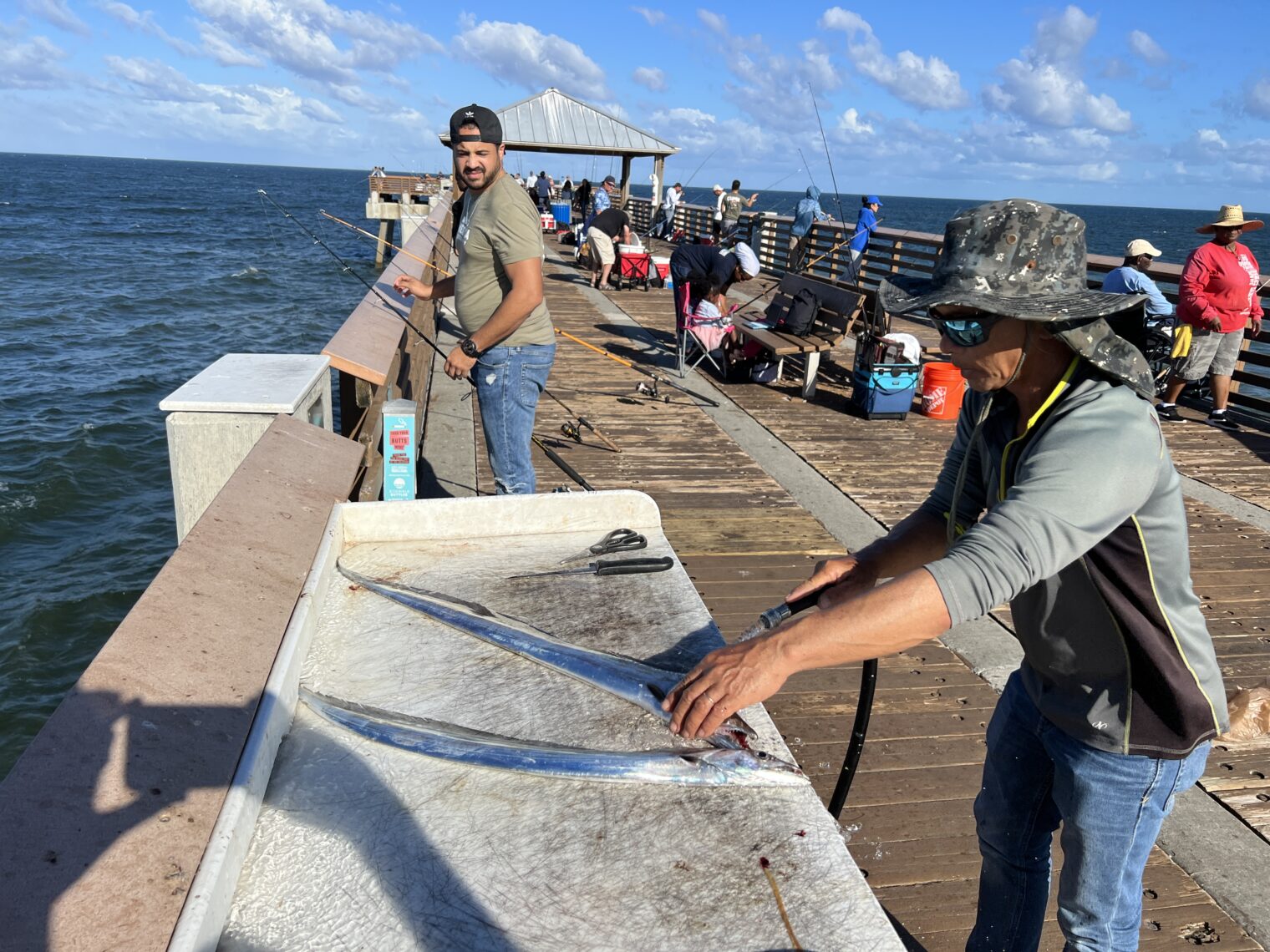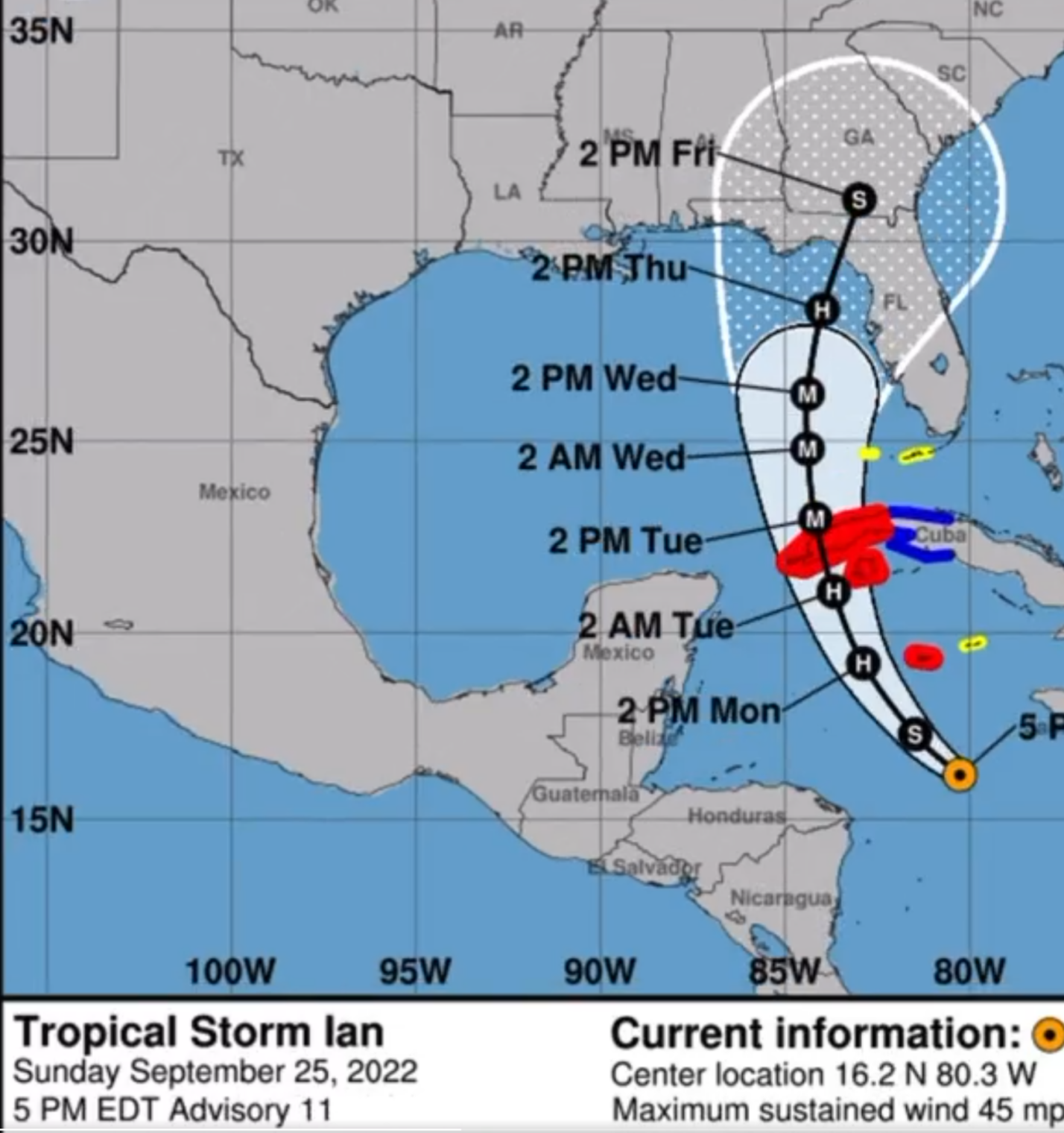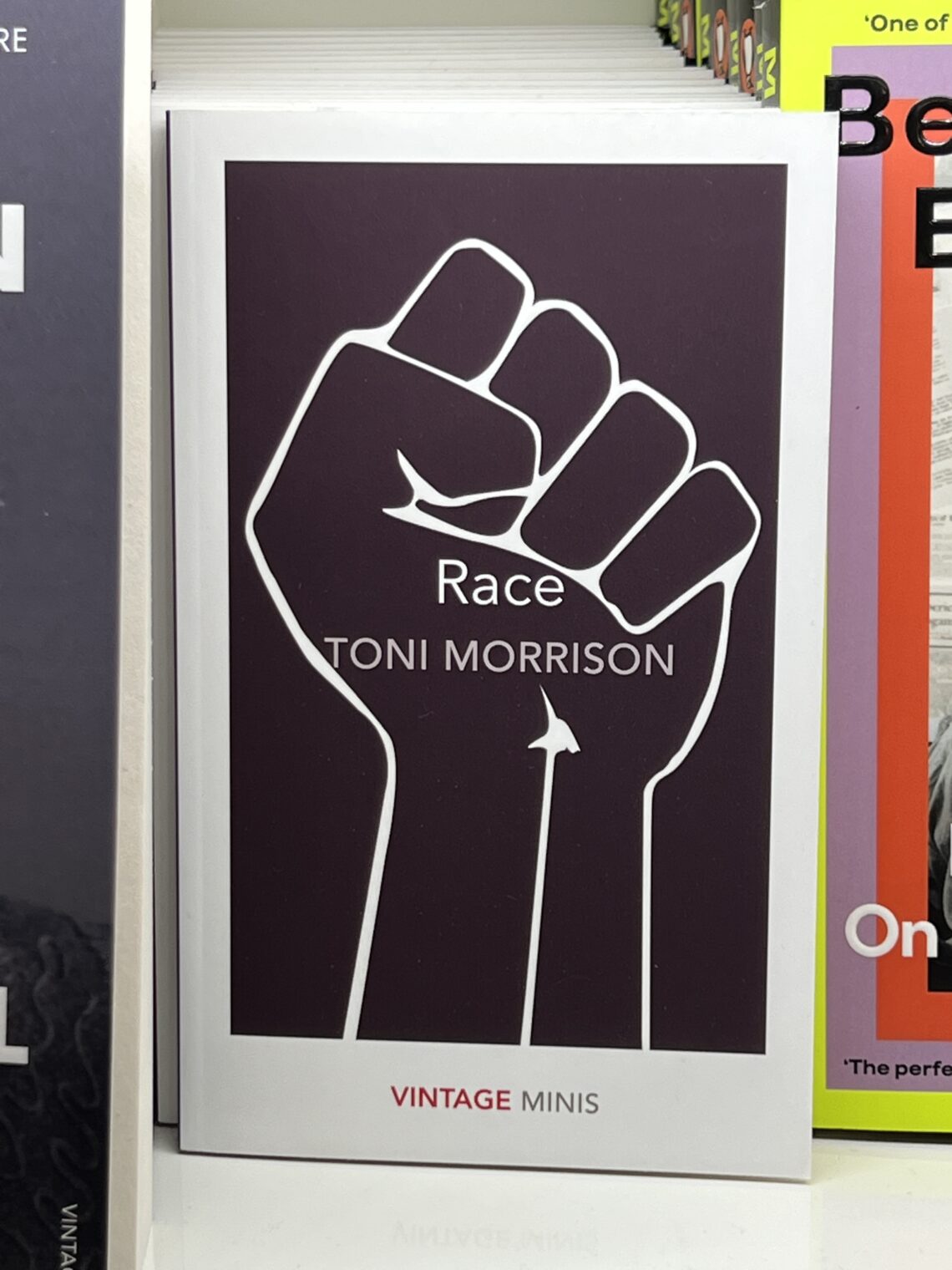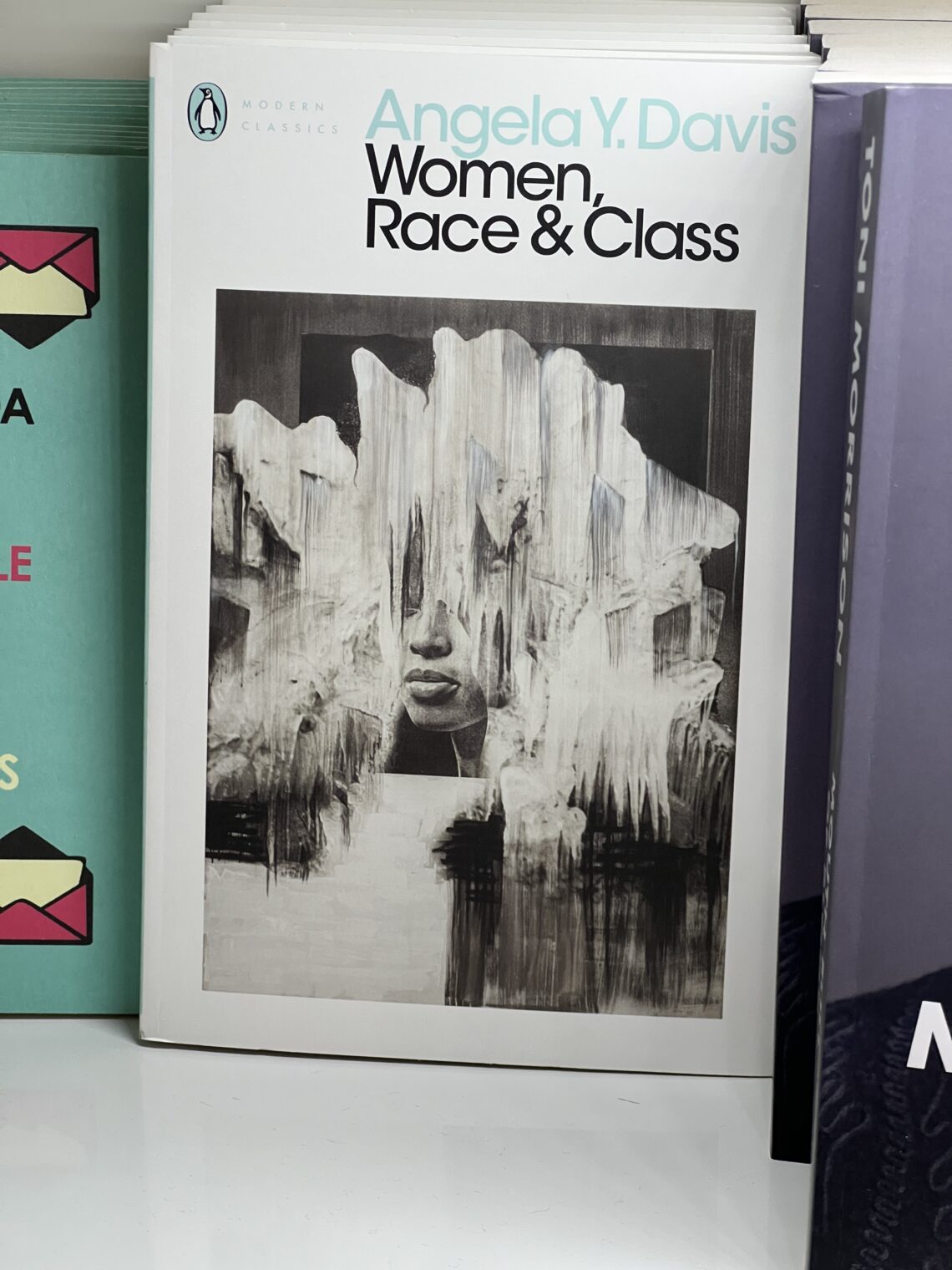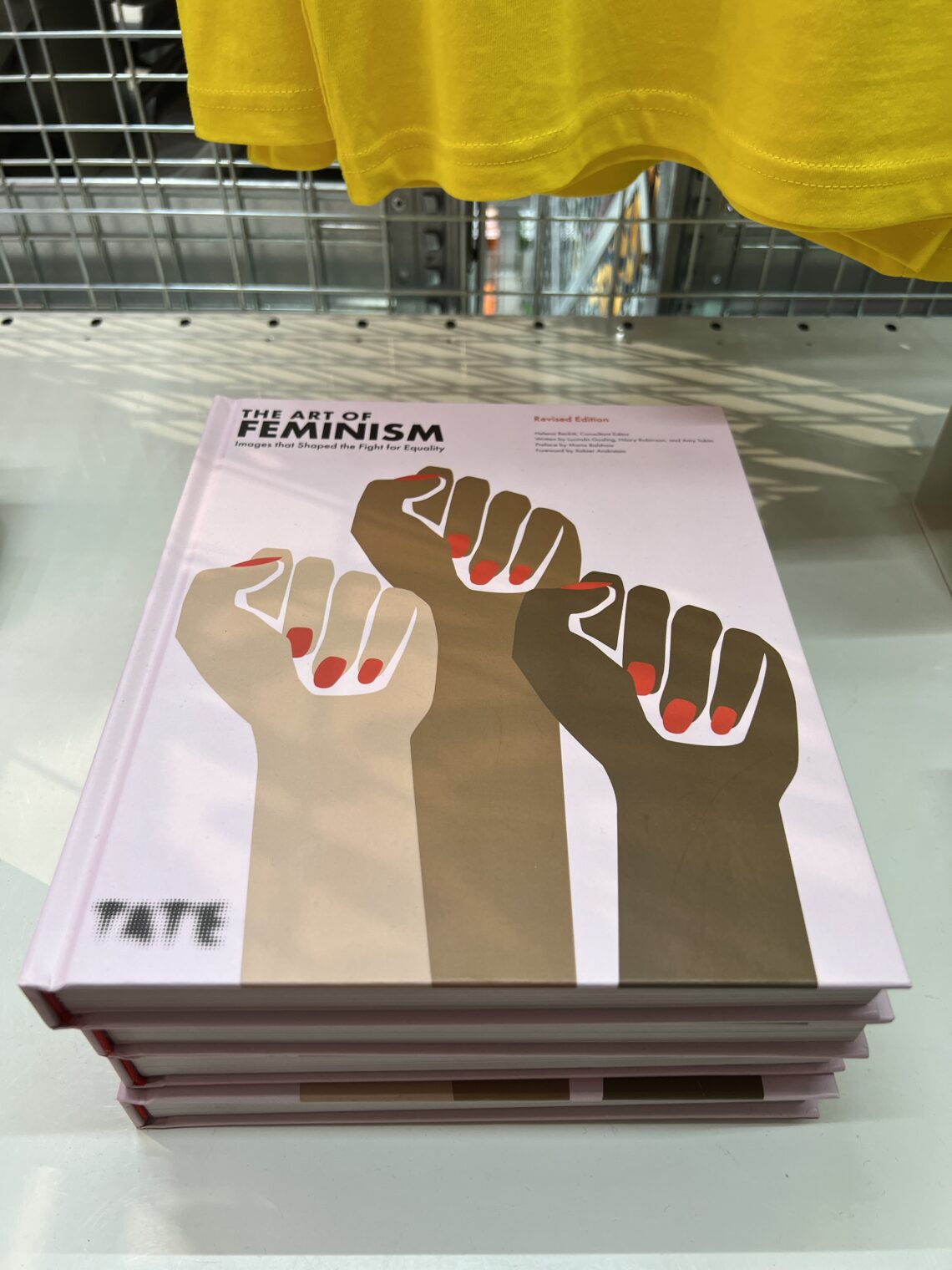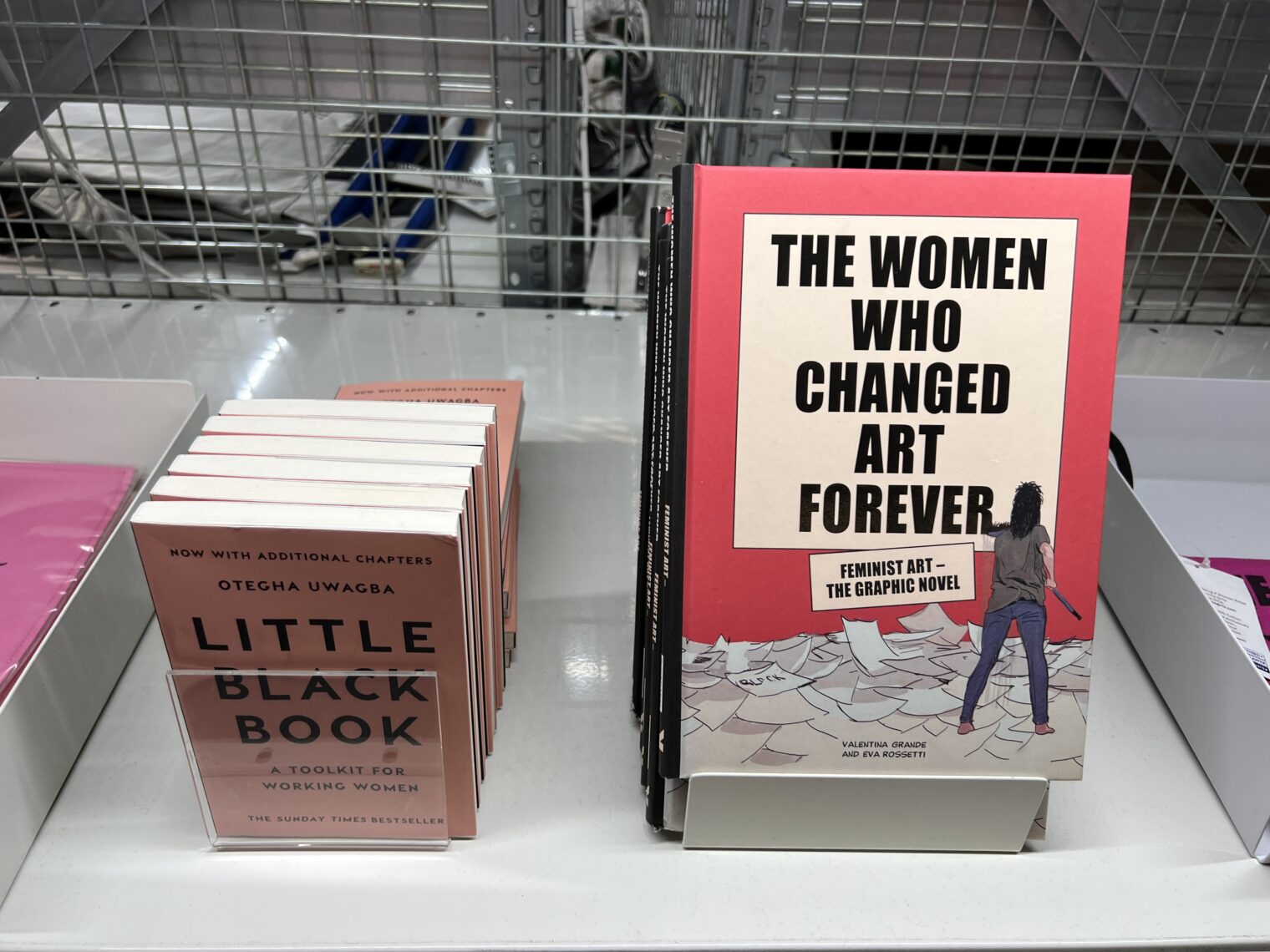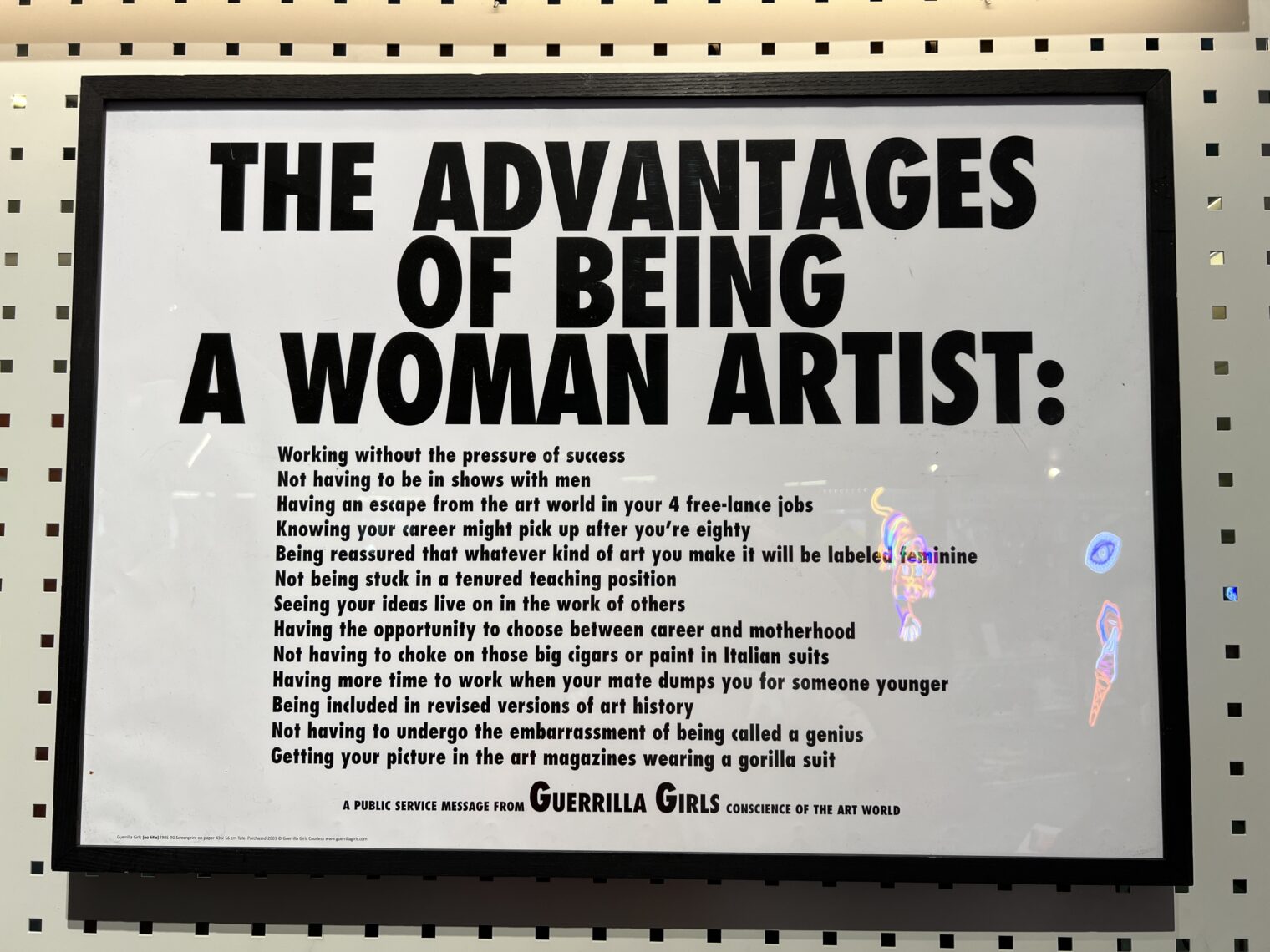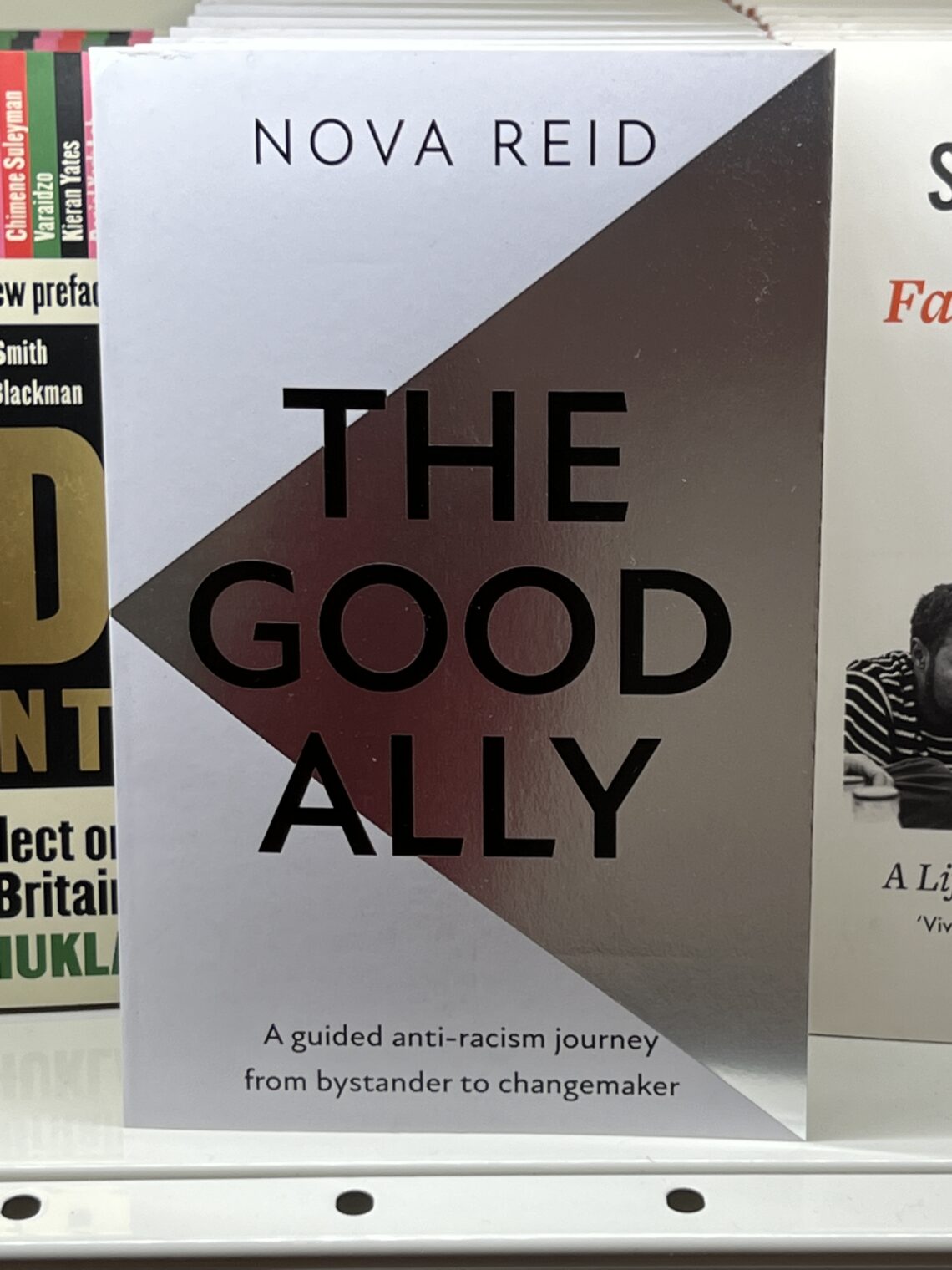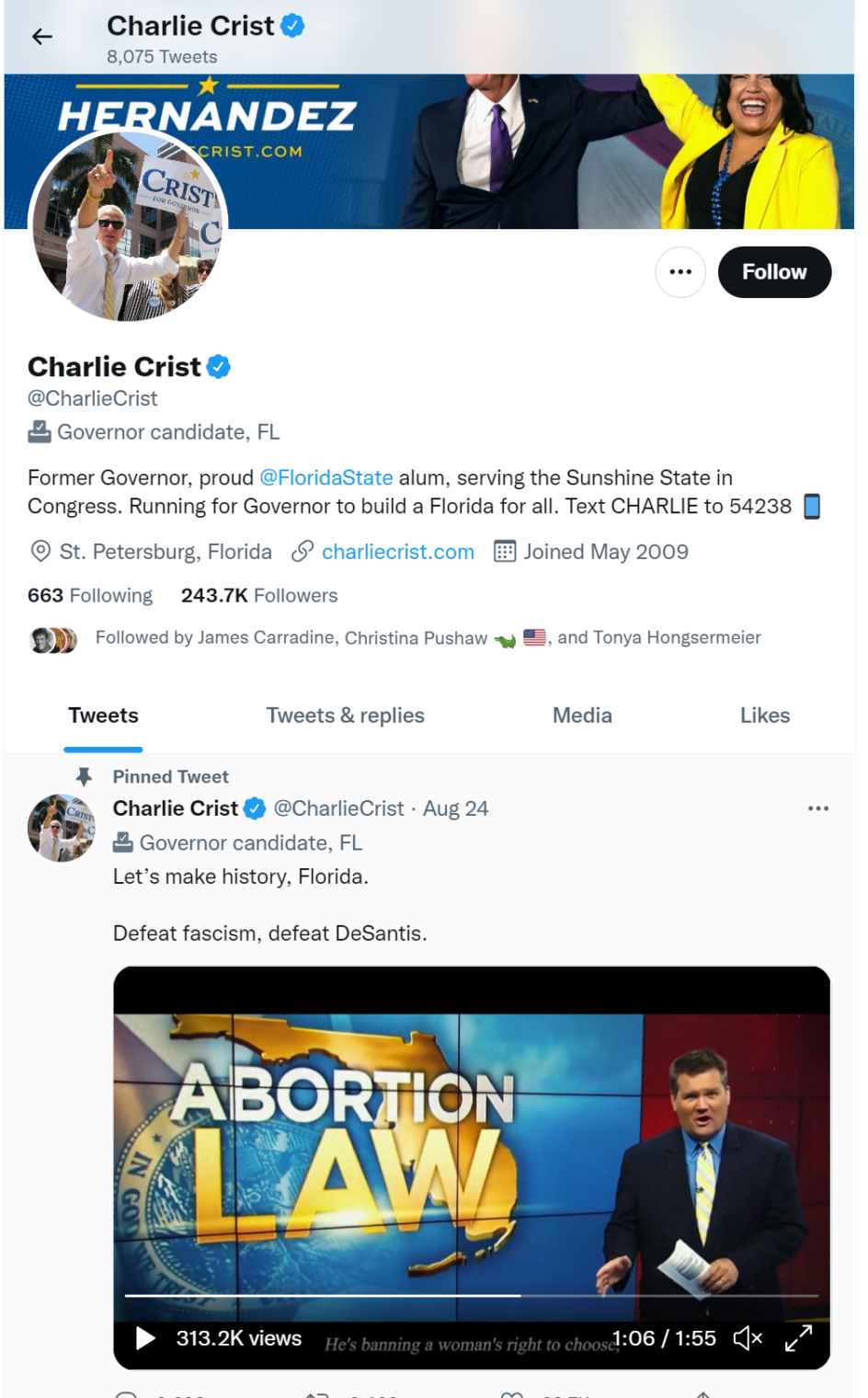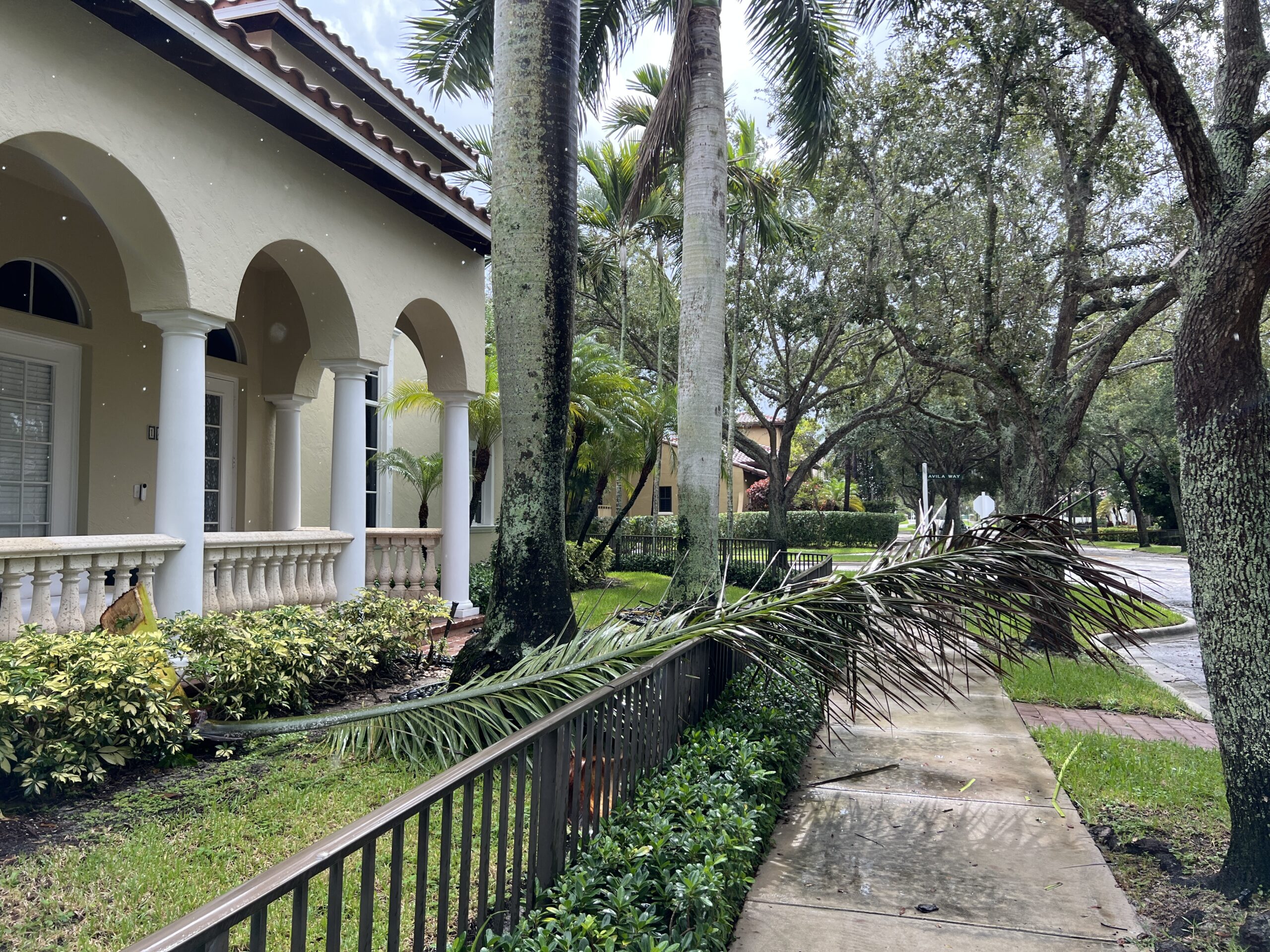Many of us died and were resurrected (New York Times)
Avoid humans who are breathing and also those who aren’t breathing, says “The Coronavirus May Spread From Corpses, Scientists Report” (NYT, today):
Like a zombie in a horror film, the coronavirus can persist in the bodies of infected patients well after death, even spreading to others, according to two startling studies.
While transmission from corpses is not likely to be a major factor in the pandemic, bereaved family members should exercise caution, experts said.
Also of interest:
Up to 70 percent of those infected with Ebola die, compared with about 3 percent of those diagnosed with Covid-19.
“Most of Us Have Had Covid” (NYT, April 2022) says that 60 percent of us have had Covid-19 (almost any symptom plus a positive test = a diagnosis of Covid-19 according to UpToDate). So at least 6 million Americans have died from Covid-19 (333 million population times 60 percent times 3 percent). But only 1.1 million of us have died with an official Covid-19 tag. So roughly 5 million of us have died and been resurrected.
Maybe the answer is that the NYT is quoting the rate for deplorably unvaccinated people. But Sweden famously let the virus rage in 2020, before vaccines were available, sheltering only a small portion of the population (those in nursing homes), and 3 percent of Swedes did not die. (In fact, as noted recently, Sweden had a lower percentage of excess deaths than European nations that were celebrated for their virtuous lockdowns and mask orders.)
Is it time to thank Jesus for this miracle of resurrection?
Speaking of miracles and Christmas, here are some folks relying on cloth and simple surgical masks (per Dr. Fauci) to protect them against an aerosol virus after entering a crowded casino (Bellagio, December 12, 2022):
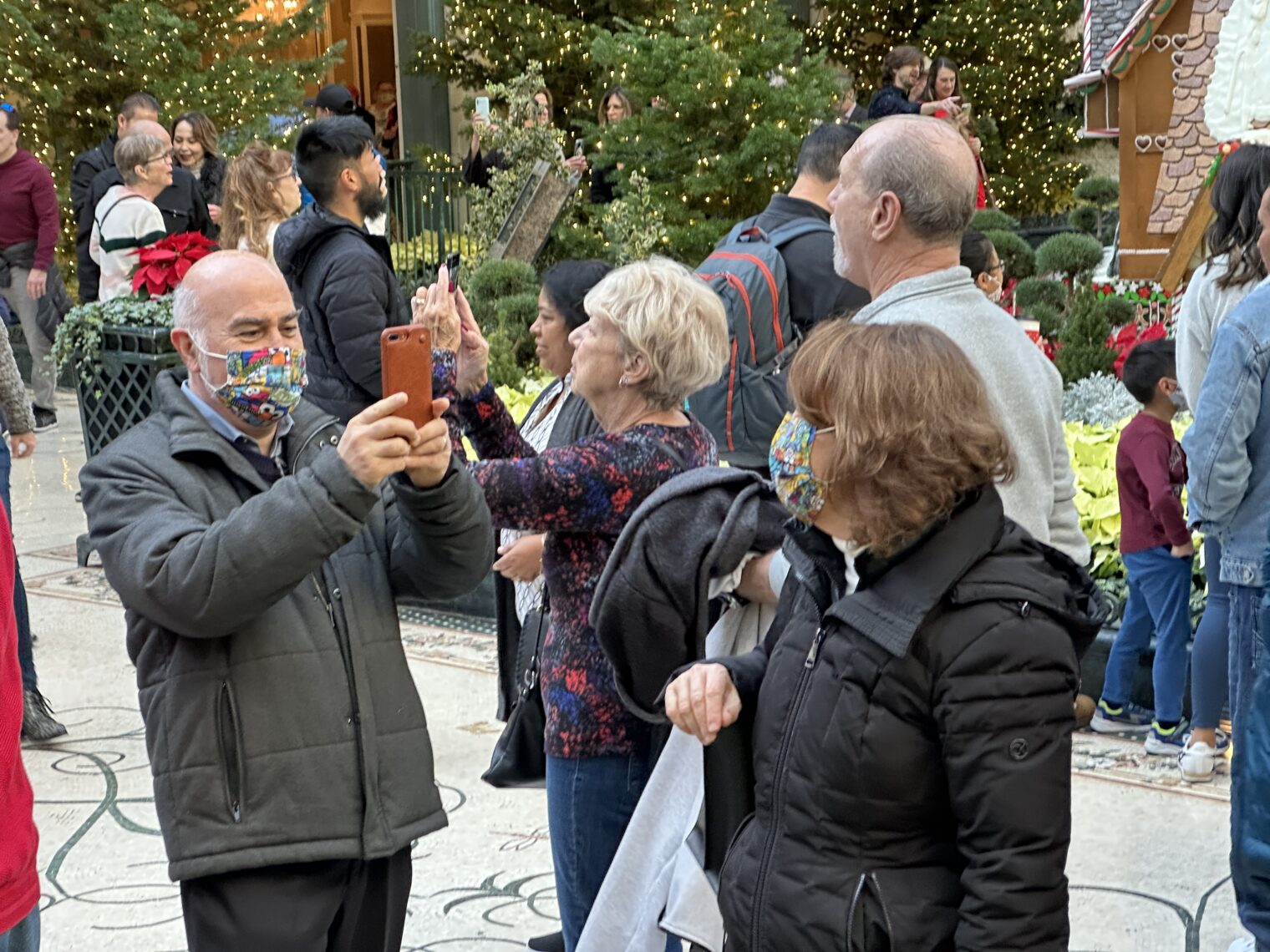
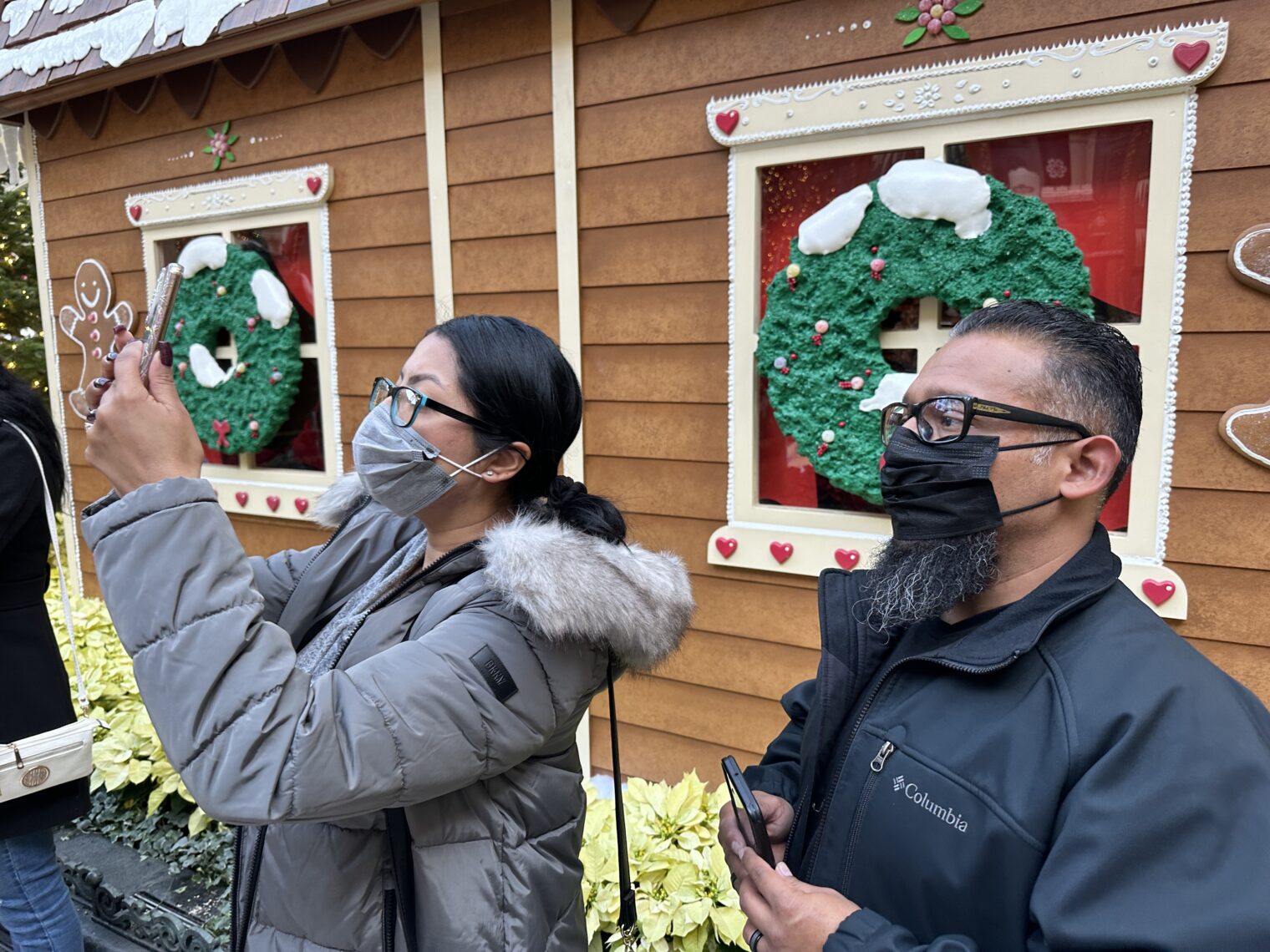
Note the subject who wears a full beard in order to ensure optimum sealing between mask and face. What was so important that these Covid-concerned folks were forced to enter the Bellagio, whose ventilation system does not even vent out the cigarette smoke much less the devious SARS-CoV-2 particles? Bears on Coke:
Related:
- “Homelessness is linked to a higher risk of death from COVID in L.A. County, study shows” (UCLA, 12/14/2022): “256 COVID-related deaths among an estimated 52,000 people experiencing homelessness, or PEH, between January 1, 2020, and November 1, 2021.” In other words, in a population that had no practical way to avoid COVID-19 during the pre-vaccination period (no suburban bunker in which to retreat) and that had generally terrible health to begin with, 0.5% died


